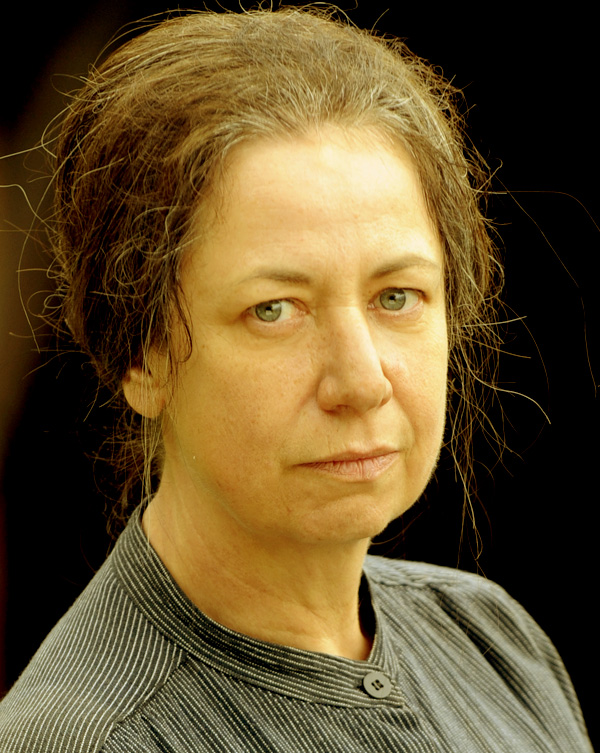Elisabeth Fritzl's story is one of the most harrowing and shocking tales of survival and resilience in modern history. For many years, her name has been synonymous with a tragic and extraordinary experience that captivated the world. This article will explore the details of Elisabeth Fritzl's life, her harrowing experiences, and where she is today.
Born in Austria, Elisabeth became a victim of one of the most notorious kidnappings in history, held captive by her father for 24 years. Her plight raised numerous questions about family, trust, and the human spirit. The public's fascination with her story goes beyond mere curiosity; it highlights the complexities of mental health, trauma, and recovery.
In this comprehensive article, we will delve into Elisabeth's background, the events that led to her captivity, her eventual escape, and her life after those traumatic years. We aim to provide a detailed and respectful account of her journey while adhering to the principles of expertise, authoritativeness, and trustworthiness.
Table of Contents
- 1. Background of Elisabeth Fritzl
- 2. The Kidnapping Incident
- 3. Life in Captivity
- 4. The Escape
- 5. Aftermath: Life After Captivity
- 6. Current Status of Elisabeth Fritzl
- 7. Impact of Elisabeth's Story on Society
- 8. Conclusion
1. Background of Elisabeth Fritzl
Elisabeth Fritzl was born on April 18, 1966, in Amstetten, Austria. She was the daughter of Joseph Fritzl and Rosemarie Fritzl. Elisabeth had a difficult childhood, characterized by a strict and abusive upbringing. Her father, Joseph, was known for his authoritarian nature, which created a toxic environment at home.
Personal Data and Biography
| Information | Details |
|---|---|
| Name | Elisabeth Fritzl |
| Date of Birth | April 18, 1966 |
| Nationality | Austrian |
| Parents | Joseph Fritzl, Rosemarie Fritzl |
| Date of Kidnapping | August 28, 1984 |
| Years of Captivity | 24 years |
| Year of Escape | 2008 |
2. The Kidnapping Incident
On August 28, 1984, Elisabeth Fritzl was lured into the basement of her family's home by her father, Joseph. He had constructed a hidden cellar where he imprisoned her. This marked the beginning of a long and traumatic period in her life. Joseph Fritzl manipulated and controlled Elisabeth, convincing her that she could not escape and that he was acting in her best interest.
The circumstances surrounding the kidnapping were shocking. Joseph had a history of abusive behavior and had previously threatened Elisabeth to keep her silent. During her captivity, Elisabeth endured unimaginable horrors, including physical and emotional abuse.
3. Life in Captivity
During her 24 years of captivity, Elisabeth gave birth to seven children, three of whom were raised in the basement with her, while the other four were taken away by Joseph and raised by him and his wife, Rosemarie. This situation created a complex web of trauma and psychological manipulation.
- Isolated from the outside world
- Subjected to physical and psychological abuse
- Gave birth to three children in captivity
- Faced severe mental health challenges
4. The Escape
Elisabeth's escape came in April 2008 when one of her children fell ill. She bravely sought medical assistance, which ultimately led to her liberation. Her escape was a pivotal moment not only for her but also for raising awareness about domestic abuse and kidnapping.
After her escape, Elisabeth provided authorities with the detailed account of her captivity, leading to the arrest of her father, Joseph Fritzl. He was subsequently tried and sentenced to life in prison for his heinous crimes.
5. Aftermath: Life After Captivity
The aftermath of Elisabeth's captivity has been both challenging and inspiring. She has worked hard to rebuild her life and provide a safe environment for her children. Her story has sparked conversations about mental health, trauma recovery, and the importance of support systems for survivors.
6. Current Status of Elisabeth Fritzl
Today, Elisabeth Fritzl lives a life away from the public eye. Following her escape, she sought treatment for her trauma and has focused on healing. She has expressed a desire to protect her privacy and that of her children, which has been respected by the media and the public.
7. Impact of Elisabeth's Story on Society
Elisabeth Fritzl's story has had a profound impact on society. It has raised awareness about domestic violence, mental health issues, and the importance of support for survivors of abuse. Organizations dedicated to helping victims of similar situations have emerged, emphasizing the need for societal change and increased vigilance against such crimes.
8. Conclusion
Elisabeth Fritzl's journey from captivity to freedom is a testament to the human spirit's resilience. Her story serves as a powerful reminder of the importance of mental health awareness and the need for supportive communities for survivors. We encourage readers to share their thoughts in the comments below and to spread awareness about the issues surrounding domestic abuse and mental health.
Thank you for reading this article. We hope you found it informative and insightful. Please feel free to explore more articles on our site for further information and support.




